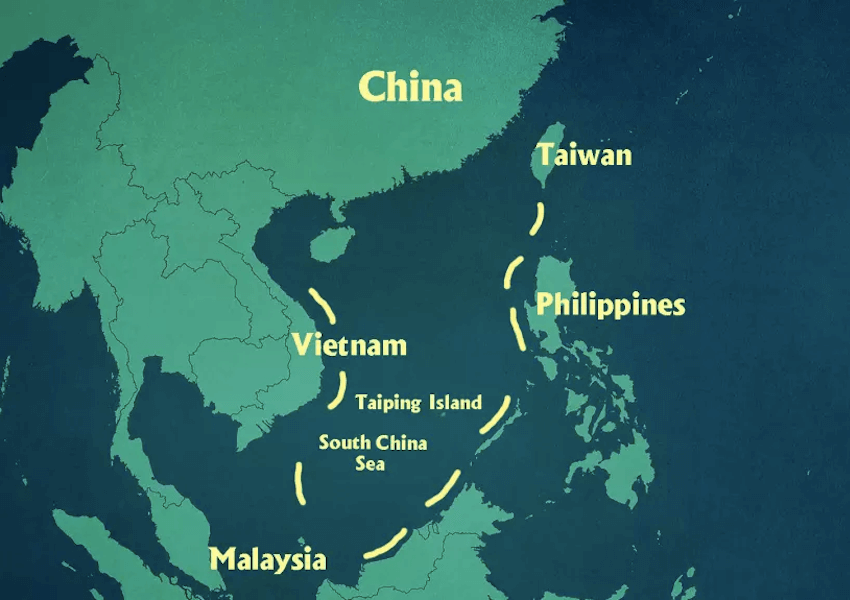Tauchid Komara Yuda. He is researcher and freelance writer who has concern in social policy, citizenship and welfare plurarism. He was affiliated with Department of Social Development and Welfare (PSDK), Faculty of Social and Political Scienes, Universitas Gadjah Mada.
After deficit ammount of Rp. 5.85 billion last year, now BPJS has predicted would deficit again approximately Rp. 9 billion. Whereas target of an Universal Health Coverage (UHC) in 2019 demanded many homework that should be completed like: distribution of a health infrastructure equally, adjustment of the ratio of the number of doctor and patient so both are ideal, broadening a coverage benefit, and etc. Therefore BPJS should be reflected again, what is wrong with the BPJS systems? Whether BPJS as a provider, or the society as consumer?
Finding the answer actually it is not difficult. It can be identified from: firstly, characteristic of Indonesian citizenship. Secondly, the logic of BPJS. As we know, the landscape of citizenship that ongoing inclined to show the character of communal. Despite majority of indonesian society already have an inhabitant cards (KTP), but in practice the citizenship that imaginable by society is ummah, instead of citizenship as in a formally definition (citizenship of the state). For example, ideally in democracy society era, everyone has a right to determine the their choice when general election period, but in fact, their choice influenced by the prominent figures (kyai, clergymen, lead of ethnic group, and so on) that are they follow (Santosa, 2012)
It needs to underlined that the logic of BPJS it self not fully represent a communal citizens. It can be understood from a result of the study that revealed by GIZ and BAPPENAS, where social security systems that have built by Indonesian welfare regimes refer to two of Europian financing models simultaneously; beveridge and bismarck. Beveridge models is emphasizing to tax as a financing resources, while bismarck models is stressing to social insurance. In Indonesian context, both of European model have been modified as follow: for those are daily living under poverty line, they would assisted by goverment through a tax so that they are can access the BPJS scheme. Whereas for those who able to pay, they have an obligation to contribute with pay insurance that to suit the preferences of services they want, where the preferences its already divided into three class (Sulastomo, 2011).
In the sosiological perspectives, BPJS obviously would find a obstacle when applied caused the historical of citizenship formation in Indonesia is totally different with European context. As a comparison, in Europe, the formation of citizenship in line with industrialization massively in 19th century that have been converting the form of communal citizenship into individual citizenship. Beside that, the new social risks that resulted of industrialization process like: inequality, people with disability, work accident, homeless people, and etc that increased. While these social risk is not possible covered by market, because benefit of market only hold out depend abillity to pay. While bond of traditional institution (like family or community) already stretchable as well. That situation later demand a discourse to avoid from a many of social risk its constitute human right that was fulfilled by state through a social policy schemes that funded from insurance or tax (Hanif, 2012)
In Indonesia, establishment of citizenship is not finish yet. Industrialization still fragmented on a number of district only, so its produce an unique citizenship: there have been society who start to be individualist, while others still fine with communitarian values. With halfway citizenship, but the logic of BPJS deem that each Indonesian society like European society who individualist, and they willing to pay amount of money to the state in exchange for assurances over their lives
In effect, during at least two years BPJS operates, many people who contribute only when it sick. This interesting phenomena to highlighted, this problem is not related to mental pragmatic, but its about who is believed to be able to meet the right of society to recover while sick? If the answer is state, then automatically the society will meet its obligations to pay for any state services which are they will receive as their right. As the Scandinavian countries (Demark, Finland, Norway, and Sweeden) for examples, tax cumpulsory to funding a social policy can reach more than 50% depend on income per citizen. In fact it responded positively by its citizens that expressed with slogan “In state we trust”. But if the answer is other, then logical if the state tends to be viewed as the alternative institutions while the institution which has been believed to be potent manage risk - such as family, community, or private - are not working.
Trust Builing
Tracing back some of social policy that ever conducted by goverment, but also make distrust to goverment it self. For example: Raskin (Rice for the poor) and BLT (unconditional cash transfer). Regardless with invalidity data of beneficaries, but must be underlined that the logic of that programs are not represent a communitarian citizenship. Actually, in communal society, there have been aspect of belongingness are not inseparable from their life. Communitarian system is work based on mutual aid and redistribution equally. This principal affect the character of society, they are only want subsidy for all members, not for partly. As result, the residual program such as BLT or Raskin, both were raises the social conflict. Likewise BPJS, where logic that used inappropriate with typical of communal citizenship. Whether BPJS would end up with distrust?
The good social policy ideally adapt with citizenship character where it implemented, not opposite with the reallity of the citizenship way it is. So that the program can be accept by society, and trust from citizen to goverment can be built. The trust is a capital for fostering the citizen contribution in state agendas, as a form of awareness of their status as a citizen who the right met by the State.
Therefore, BPJS system should be recontextualize with cultural approach in the implementation. It was intended to state activity through its policies did not neglect the existence of the community. But, repositioning state agendas such as community agendas that work based on altruistic and informally. Urgency to recontextualize is being reflective media to explain why social policy development in Indonesia is slow moving, because its not consider the existence of informal networking.
To engaging a cultural approach into the BPJS systems, it can be started from ask to mass organization (ormas) as a patner of BPJS implementation, subsequently absorb some of norm that prevailed in community into bureaucracy. That is ways to bringing state-citizenship (through BPJS) without alienating the community identity. Hope this way can be one of effective methods to embrace more people to be the BPJS participant, thus overcome deficit as well.
Ikuti tulisan menarik Tauchid Komara Yuda lainnya di sini.






















